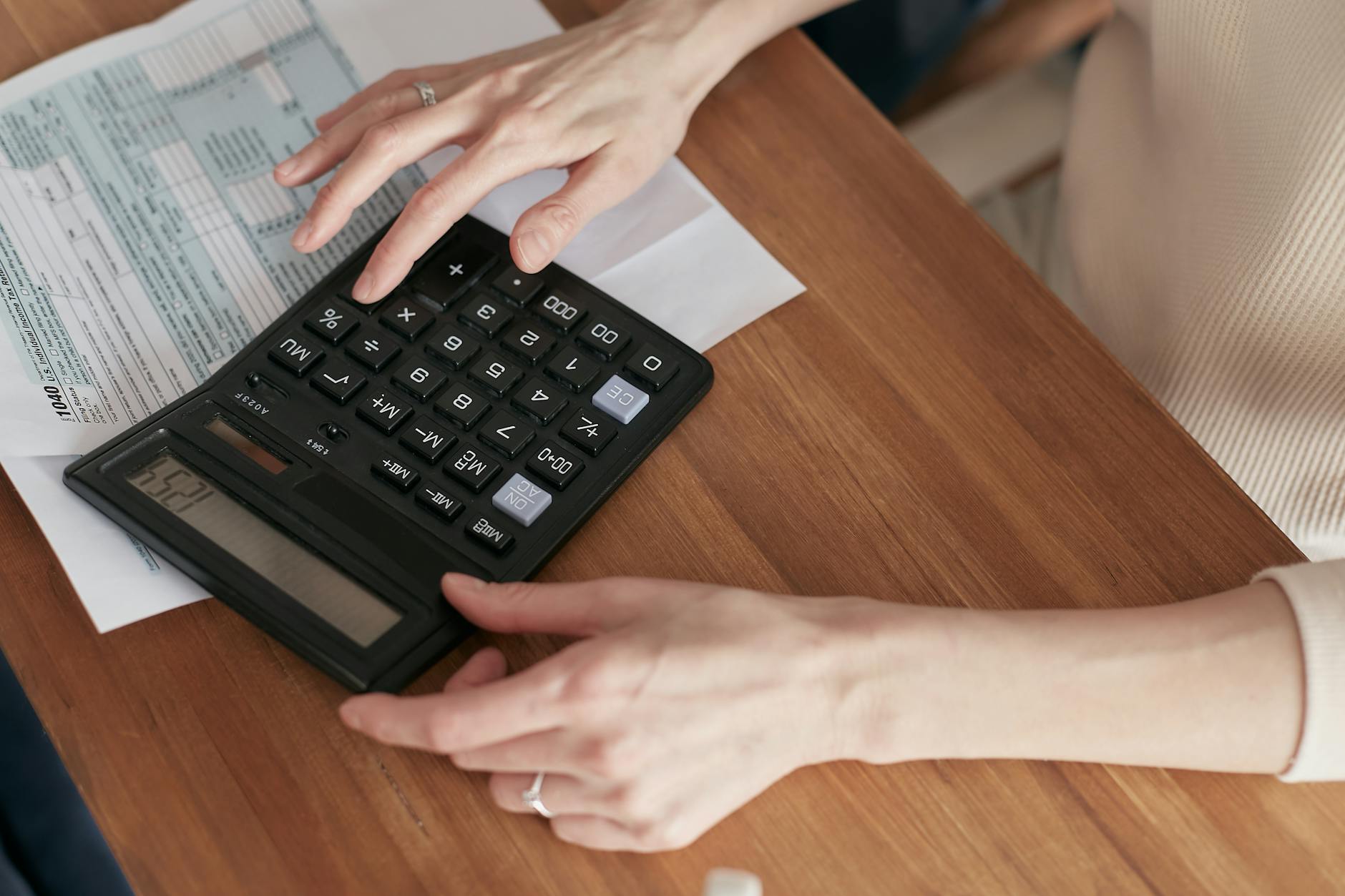Budgeting might sound daunting, but it doesn’t have to be. Think of it as a map for your money. Just like a road map, a budget helps you get to where you want to go financially. Whether you’re saving for a vacation, a new car, or just trying to make ends meet, a budget can help you see the bigger picture.
Why is Budgeting Important?
Budgeting gives you control over your finances. Instead of guessing how much money you have left at the end of the month, you’ll have a clear plan. This makes it easier to avoid debt and save for things that matter. Imagine having the peace of mind knowing exactly where your money is going. That's budgeting for you.
How to Start Budgeting
Set Clear Financial Goals
Before you start budgeting, think about what you want to achieve. Are you trying to save for a house? Pay off student loans? Or simply want to build an emergency fund? Write down your goals. This helps you stay focused and motivated.
Calculate Your Income
Next, figure out how much money you bring home each month. Include your salary, any side jobs, and other sources of income. This is the foundation of your budget. Knowing your total income helps you understand what you can realistically spend.
Track Your Expenses
To create a budget, you need to know where your money is going. Track your spending for a month. Write down everything from rent to groceries and entertainment. It might be surprising how quickly small purchases add up.

Photo by Mikhail Nilov
Categorize Your Expenses
Once you have your spending tracked, divide your expenses into categories. Common categories include:
- Fixed Expenses: These don’t change month to month, like rent or mortgage payments.
- Variable Expenses: These can change, like groceries or dining out.
- Discretionary Spending: This is for fun stuff, like entertainment and hobbies.
Having categories helps you see where you might be overspending.
Choose a Budgeting Method
There are several ways to budget, and different methods work better for different people. Here are a few popular options:
The 50/30/20 Rule
This simple method divides your income into three categories:
- 50% for Needs: Rent, groceries, bills, and other essentials.
- 30% for Wants: Dining out, entertainment, and hobbies.
- 20% for Savings: Emergency fund, retirement, and debt repayment.
Zero-Based Budgeting
With this method, every dollar is assigned a purpose. At the end of the month, your expenses should equal your income, leaving you with a zero balance. This helps you gain full control over your finances.
Envelope System
For those who prefer cash, this method uses envelopes for different spending categories. Once an envelope is empty, you can't spend anymore in that category for the month. This helps curb impulse purchases.
Make Adjustments as Needed
Your budget is not set in stone. Life changes and so do your expenses. If you find that you’re overspending in one area, adjust your budget accordingly. Regularly revisiting your budget keeps it relevant and effective.
Use Budgeting Tools
Don’t underestimate the power of technology. There are plenty of apps and software that can help you budget. Tools like Mint, You Need a Budget (YNAB), and EveryDollar can make tracking your income and expenses much easier.
Saving Tips to Enhance Your Budget
Automate Your Savings
Set up automatic transfers to your savings account. This way, you’ll save money without thinking about it. Treat your savings like a bill that must be paid each month.
Cut Unnecessary Expenses
Review your tracked expenses for items you can live without. Maybe it's that subscription service you barely use or dining out too often. Cutting even small expenses can add up over time.
Set Up an Emergency Fund
Life is unpredictable. Having an emergency fund can save you from financial stress. Aim for at least three to six months’ worth of expenses saved up. This cushion provides peace of mind.
Stay Motivated
Budgeting can sometimes feel like a chore, but it doesn’t have to be boring. Celebrate small victories. Did you stick to your budget this month? Treat yourself! This positivity will keep you motivated.
Conclusion
Budgeting doesn’t have to be overwhelming. By setting clear goals, tracking your income and expenses, and adjusting your budget as needed, you can take control of your finances. Remember, it’s about making your money work for you. With time and practice, budgeting becomes a powerful tool in achieving your financial dreams. So grab your calculator and get started!
